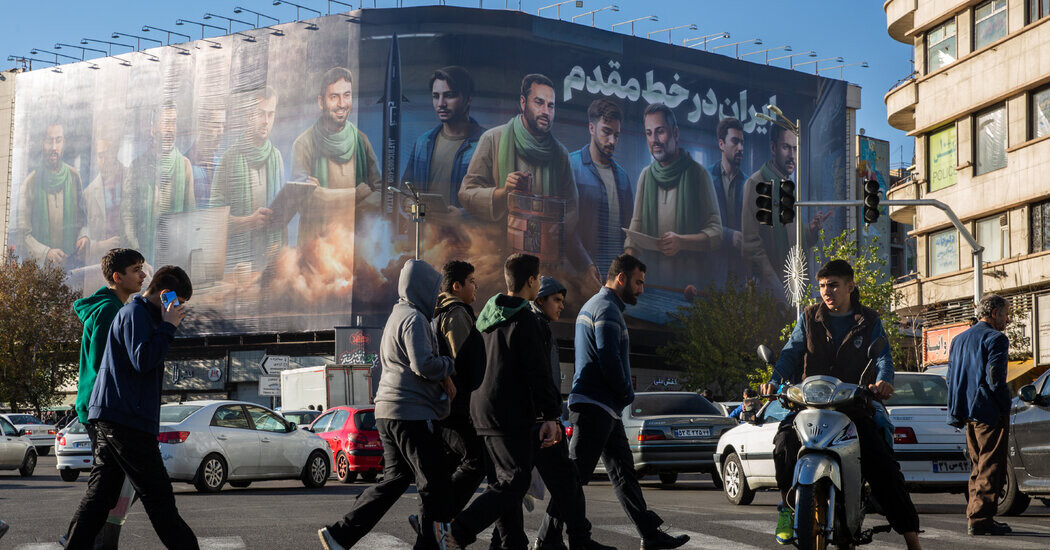

Will America’s pre-emptive strike discourage other countries from pursuing a weapon — or just the opposite?
It has been nearly two decades since any country elbowed its way into the club of nuclear-armed nations. President Trump, with his bombing of three Iranian nuclear installations last weekend, has vowed to keep the door shut.
Whether Mr. Trump’s pre-emptive strike will succeed in doing that is hard to predict, so soon after the attack and the fragile cease-fire that has followed. But already it is stirring fears that Iran, and other countries, will draw a very different conclusion than the one the White House intended: that having a bomb is the only protection in a threatening world.
The last country to get one, North Korea, has never faced such an attack. After years of defying demands to dismantle its nuclear program, it is now viewed as largely impregnable. Mr. Trump exchanged friendly letters with its dictator, Kim Jong-un, and met him twice in a fruitless effort to negotiate a deal. In Iran’s case, Mr. Trump deployed B-2 bombers just weeks after making a fresh diplomatic overture to its leaders.
“The risks of Iran acquiring a small nuclear arsenal are now higher than they were before the events of last week,” said Robert J. Einhorn, an arms control expert who negotiated with Iran during the Obama administration. “We can assume there are a number of hard-liners who are arguing that they should cross that nuclear threshold.”
Iran would face formidable hurdles to producing a bomb even if it made a concerted dash for one, Mr. Einhorn said, not least the knowledge that if the United States and Israel detect such a move, they will strike again. It is far from clear that Iran’s leaders, isolated, weakened and in disarray, want to provoke them.